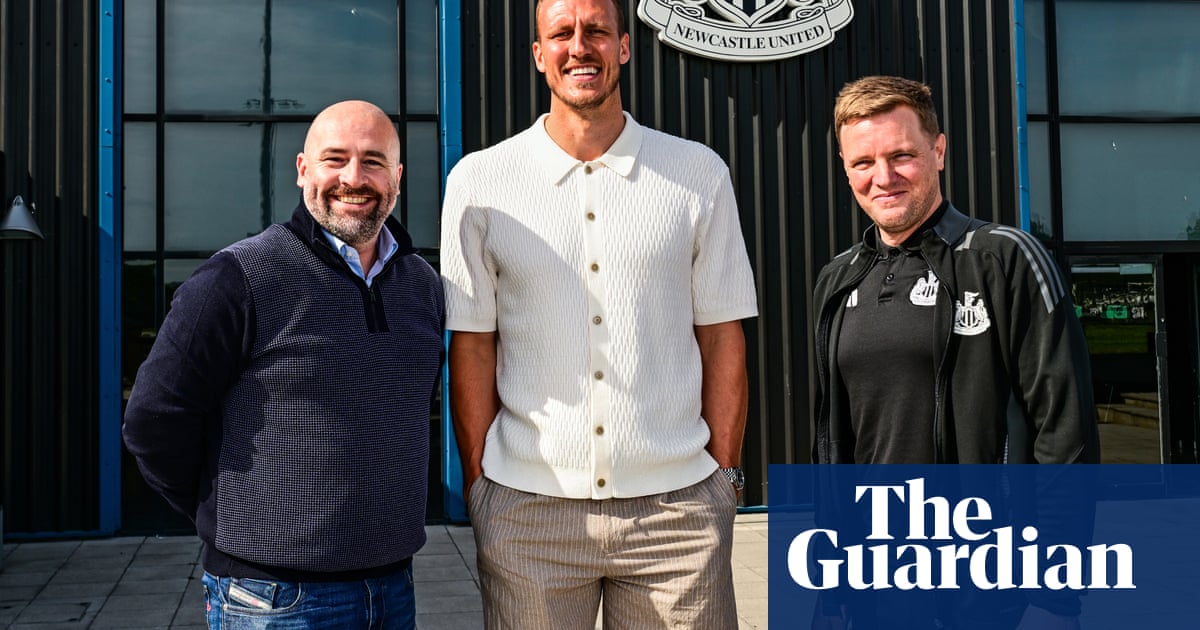The departure of Paul Mitchell from Newcastle United, following a relatively short tenure, has raised questions about the stability and future direction of the club. His exit, announced by the club, is described as a mutual decision that comes at a time when Newcastle has experienced a resurgence on the pitch, winning a major domestic trophy and qualifying for the Champions League.
Implications of Departure
Mitchell's exit may signal a transitional phase for Newcastle, especially given that he had been instrumental in the club’s recent successes. His statement expresses gratitude towards the club and confidence in its future, suggesting that while his departure is significant, it is not indicative of turmoil. However, the simultaneous resignation of CEO Darren Eales for health reasons could raise concerns about leadership stability.
Public Perception Management
The club's communication strategy appears aimed at managing public perception positively. Mitchell’s farewell message emphasizes a strong foundation for the club moving forward and appreciation for the time spent at Newcastle. This narrative helps to mitigate potential unrest among fans and stakeholders by framing the departure as a natural progression rather than a crisis.
Potential Hidden Agendas
The timing of this announcement, coinciding with a successful season, could also be construed as an effort to distract from underlying issues. With the changes in leadership, there may be concerns regarding the strategic direction of the club. The club's management may prefer to focus on Mitchell’s achievements rather than any potential challenges arising from his and Eales’ departures.
Comparative Context
When compared to other recent managerial and executive changes in football, this situation does not appear unique. Clubs frequently undergo leadership changes following successful seasons, possibly to maintain momentum or refresh strategies. However, the dual exits at Newcastle within a short timeframe could attract more scrutiny, especially in light of the club’s ambitions in the Champions League.
Impact on Stakeholders
This news will likely resonate differently across various groups. Fans who are optimistic about the club's trajectory might be less concerned, while those critical of management decisions may view this as a troubling sign. Investors and sponsors could also be affected, as stability in leadership is often linked to financial performance and club reputation.
Market Reactions
In terms of market impact, the news could influence stock prices if Newcastle United were publicly traded. Investors often react to changes in leadership, particularly in clubs with high ambitions and recent successes. The performance of clubs in the Premier League can significantly affect associated businesses and sponsorship deals.
Global Context
While this departure does not directly alter the global balance of power in football, it fits into broader trends of managerial turnover in the sport. As clubs aim to establish themselves in competitive leagues, leadership stability becomes a focal point for long-term success.
Use of AI in Journalism
There is no clear indication that AI was used in the writing of this article. However, if AI were involved, it might have shaped the narrative by emphasizing positive outcomes and minimizing the potential for unrest. It’s crucial to remain vigilant to discern how technology might influence the framing of news in sports.
In conclusion, the news of Paul Mitchell's departure from Newcastle United is layered with implications for both the club and its stakeholders. While it presents an opportunity for new leadership, it also poses questions about continuity and strategic direction. Overall, the reliability of the report seems strong, given its alignment with public statements from the club and Mitchell himself, though the broader context of leadership changes introduces an element of uncertainty.
